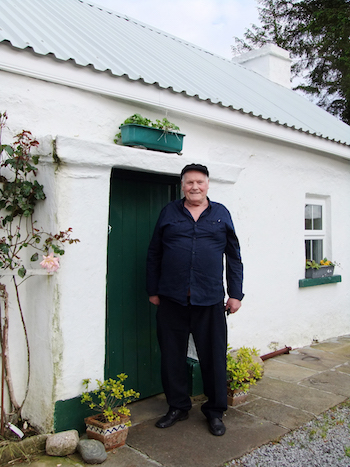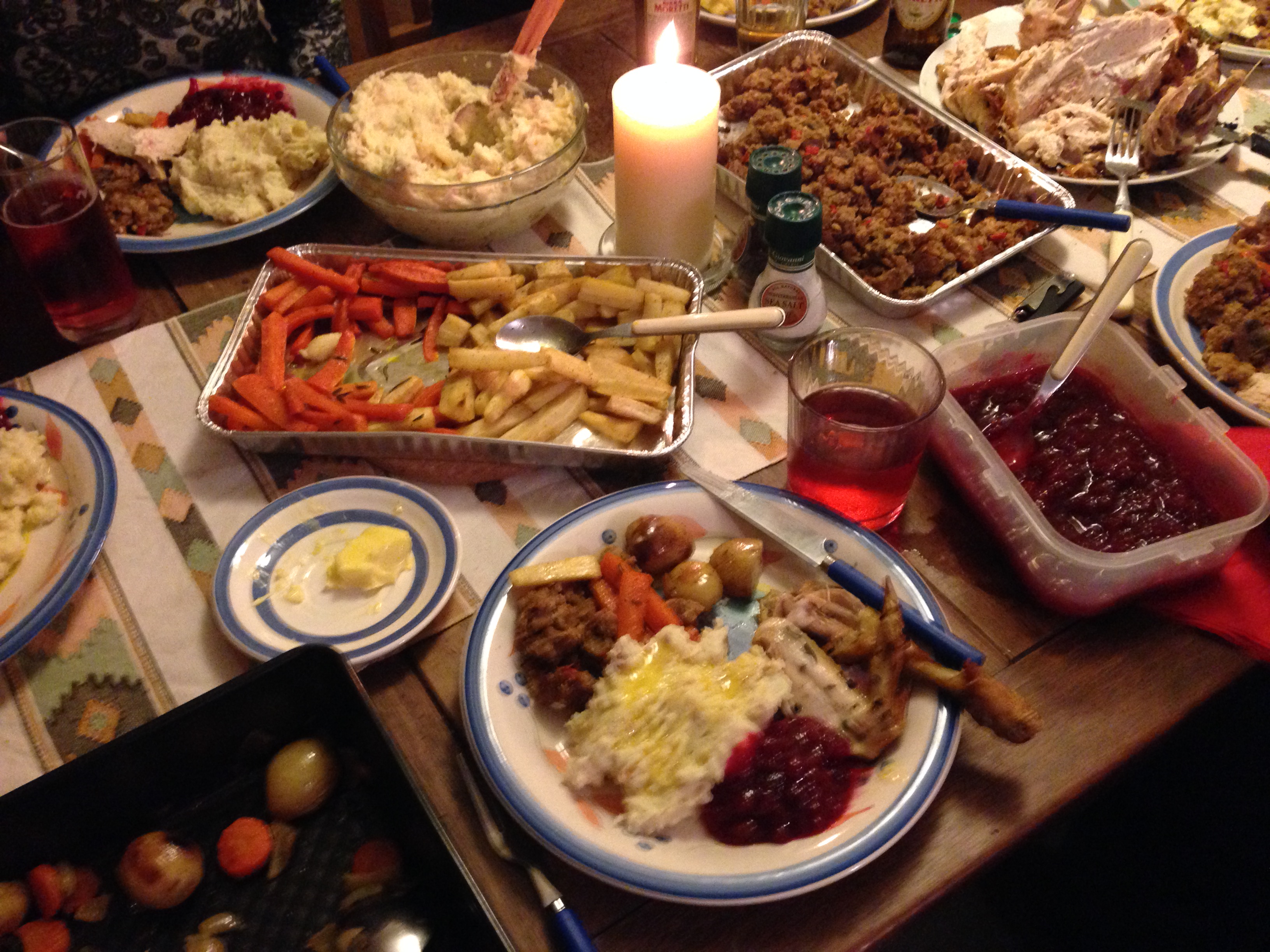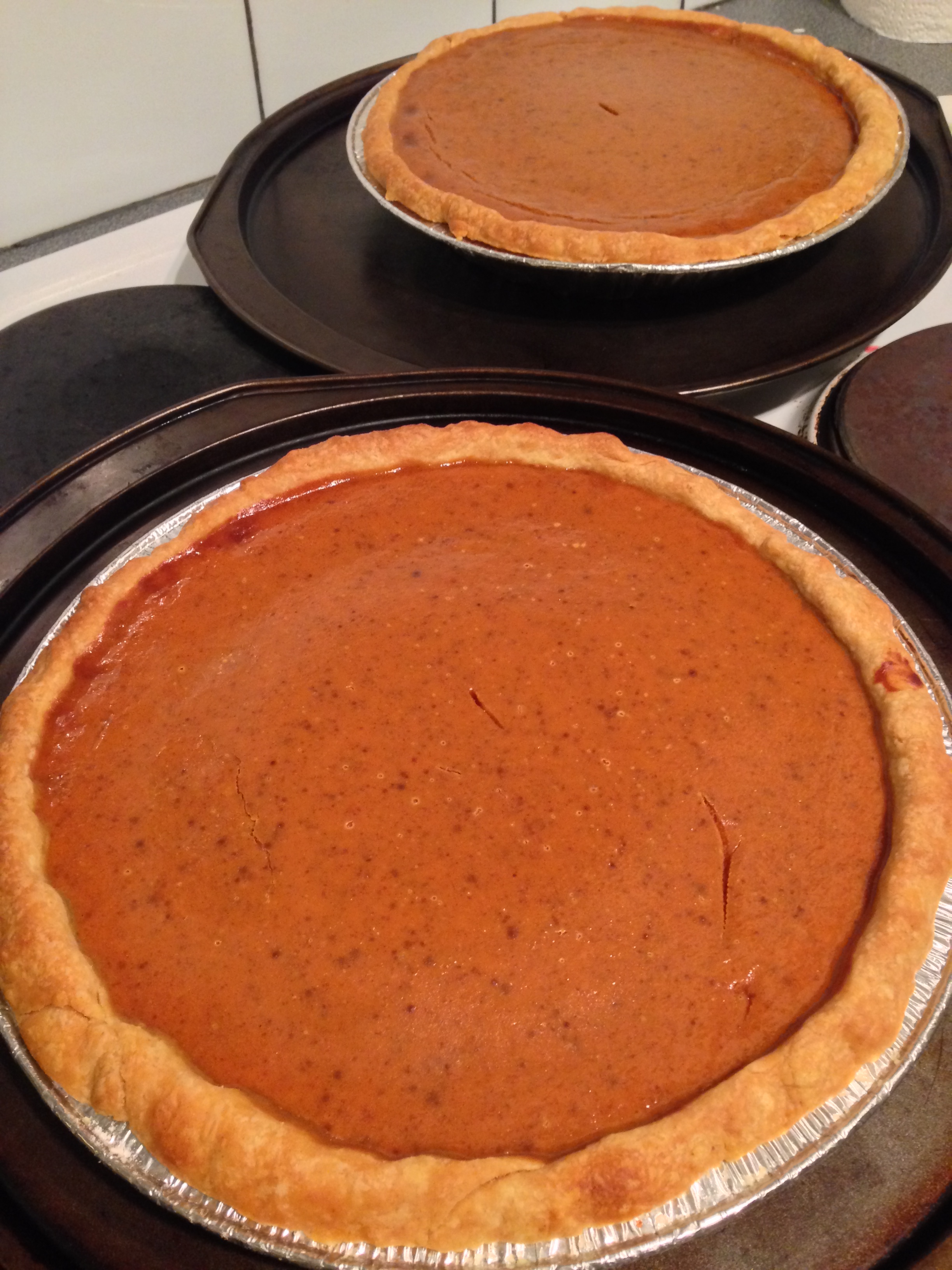Danny Meehan

Fiddler Danny Meehan was born in 1940 and grew up in Drimalost, in the Blue Stack Mountains of south Donegal, in a family and local area with a rich musical heritage. At age sixteen he migrated first to Selby in Yorkshire. He worked in many places across Britain, finally settling in London in 1963 where he established a career as a self-employed stonemason. He also met and played with many great musicians in pubs, folk clubs, and concert halls in London. He appears on the album Paddy in the Smoke, with the group Le Chéile, and has two solo albums. He returned to live in Donegal in 2007. In 2012 TG4 honored him with the Gradam Saoil (Lifetime Achievement Award).
However, that biography doesn’t do him justice. He is a larger than life character – humorous, generous, self-effacing, and, as he says himself, still a bit wild. Those traits come through in his music as well – his clever variations on traditional tunes, his unwillingness to put his own name to original compositions, and, having lived through what he calls a “dark age” for music, an appreciation for the young musicians of today. His is a music shaped by his roots in Donegal, his 50 years in England, and the many musicians he heard and played with along the way.
Out of curiosity, during the interview I asked Danny about his grandparents, because I’d read that his grandfather migrated to Pennsylvania in the late nineteenth century and returned to marry and settle down in Donegal. Danny’s response became the focus of an article, “‘Most Good Stories Are True, You Know’: History, Tradition, and Identity in a Family Story” in The Irish Review (vol. 53, 2016). In conjunction with that article, I have put my full oral history interview with Danny Meehan and recordings of his music on my PhD project website, Voices of Irish Music & Migration. The specific audio clips referenced in the article are also available from The Irish Review‘s website.
Huge thanks, of course, to Danny for sharing his stories and music. Thanks to Aidan O’Donnell for initially helping me get in touch with him. Danny’s nephew John Daly kindly provided additional information on the Meehan family history and the family photographs. Thanks to Clare O’Halloran and The Irish Review for supporting the publication.

